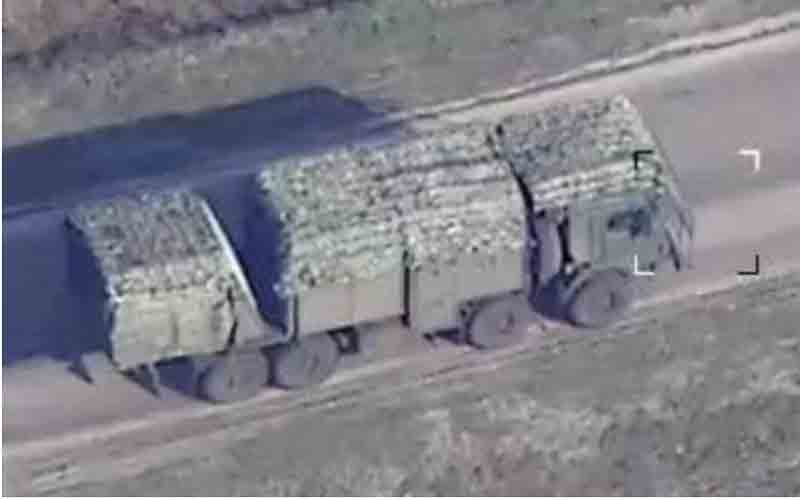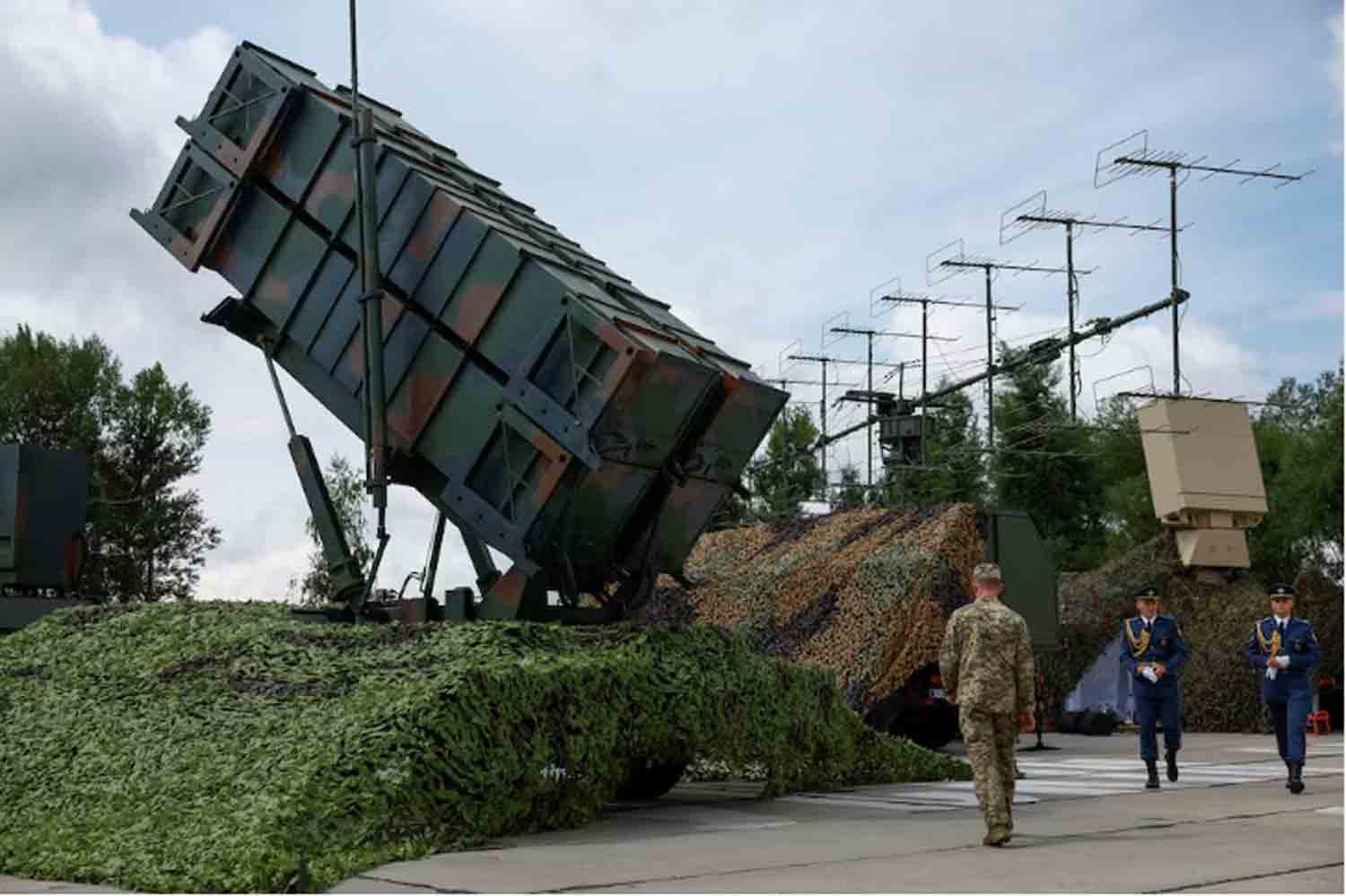Palestinian President Mahmoud Abbas is scheduled to visit Lebanon on May 19 to announce the disarmament of Palestinian resistance groups, potentially using force if required. According to Palestinian and Lebanese sources, Abbas will make an official trip to Beirut to meet with Lebanon’s President Joseph Aoun and other senior officials.
During this visit, the Lebanese government and Abbas are expected to declare the demilitarization of the Lebanese branch of his Fatah movement, along with other Palestinian factions located in refugee camps throughout the country.
Sources indicate that Abbas has already consented to a strategy for removing Fatah’s arms from these camps. He will also urge other Palestinian factions engaged in conflict with Israel to disarm. Should these groups resist, a military operation will be launched against those who oppose the Lebanese government’s disarmament directives, according to the sources.
Abbas is anticipated to provide political support for such an operation under the authority of the Palestinian leadership. A Palestinian source informed that Abbas plans to establish a security committee responsible for managing the disarmament process and creating a definitive timeline for the surrender of weapons.
If the factions do not adhere to the Lebanese government’s orders and Abbas’ directives, they will forfeit all organizational and political support, making them susceptible to forced disarmament. The sources also disclosed that Abbas’ decision to disarm Fatah and other factions was influenced by a request from Saudi Arabia, communicated through Saudi Foreign Minister Faisal bin Farhan Al Saud.
historic presence
Palestinian resistance organizations continue to operate within Lebanon’s refugee camps, a consequence of historical displacement and persistent political exclusion. The establishment of Israel in 1948 and the ensuing Arab-Israeli conflicts led to the expulsion of approximately 750,000 Palestinians, many of whom sought asylum in Lebanon.
Over the years, factions like Fatah, followed by Hamas and the Popular Front for the Liberation of Palestine (PFLP), have formed within these camps to sustain their opposition to Israel. Currently, Palestinian refugees in Lebanon face significant civil rights restrictions, including barriers to various professions and property ownership.
With few alternatives, some individuals align with armed groups for security, economic survival, or political advocacy. The legacy of the 1982 Sabra and Shatila massacre, where Israel-supported Christian Lebanese militias killed between 800 and 3,500 civilians—predominantly women, children, and the elderly—remains a poignant memory for Palestinians in Lebanon.
Efforts to disarm these factions are perceived as part of a larger initiative to alter Lebanon’s political dynamics, especially in light of Hezbollah’s diminished military strength following Israeli operations that significantly impacted its leadership in 2024.
Abbas’s recent visit follows a warning issued by Lebanon’s primary security agency to Hamas on May 2, indicating severe repercussions if attacks on Israel are launched from Lebanese soil.
The statement issued by the Higher Defence Council came after a series of arrests involving Lebanese and Palestinian individuals suspected of participating in cross-border rocket attacks aimed at northern Israel in recent weeks. Brigadier General Mohammed al-Mustafa, while presenting the council’s official statement, emphasized, ‘Hamas and other factions will not be permitted to jeopardize national stability. The security of Lebanon’s territory is paramount.’
The calls for the disarmament of Palestinians in Lebanon are longstanding, tracing back to the 1980s when the Lebanese parliament repealed the 1969 Cairo Agreement, which had legitimized the military presence of the PLO in Lebanon. This agreement, signed by Yasser Arafat and the Lebanese government with Egyptian mediation, allowed the PLO to resist Israeli occupation from Lebanese soil for nearly two decades.
President Abbas has increasingly expressed his discontent with Palestinian resistance groups, even as Israel’s military actions in Gaza, which Amnesty International has labeled a ‘live-streamed genocide,’ persist. The 89-year-old leader, who recently appointed Hussein al-Sheikh as vice president and potential successor, has harshly criticized Hamas, referring to them as ‘sons of dogs‘ and demanding their surrender along with the release of all captives in Gaza, accusing them of providing Israel with justification to continue its assault.
According to the Palestinian health ministry, at least 52,535 Palestinians have lost their lives in the ongoing conflict since October 2023. In just the last 24 hours, Israeli airstrikes have resulted in 40 fatalities and 125 injuries, raising the total number of injured to 118,491.
Discover more from Defence Talks | Defense News Hub, Military Updates, Security Insights
Subscribe to get the latest posts sent to your email.





